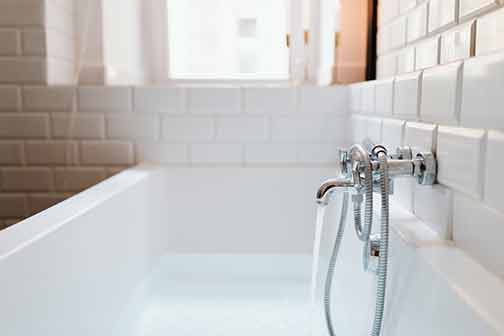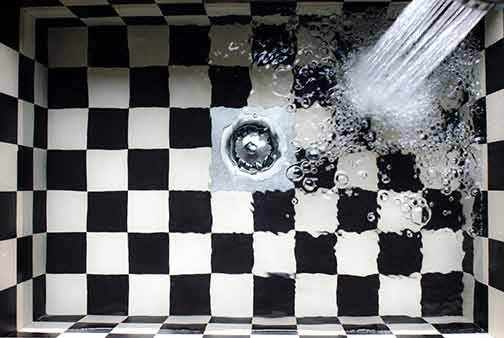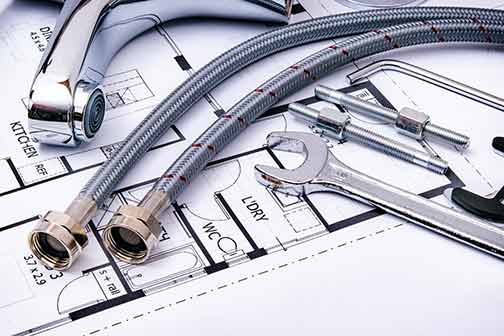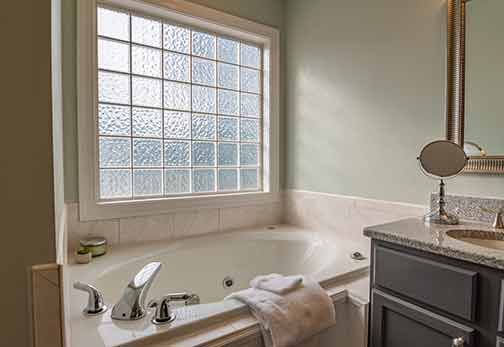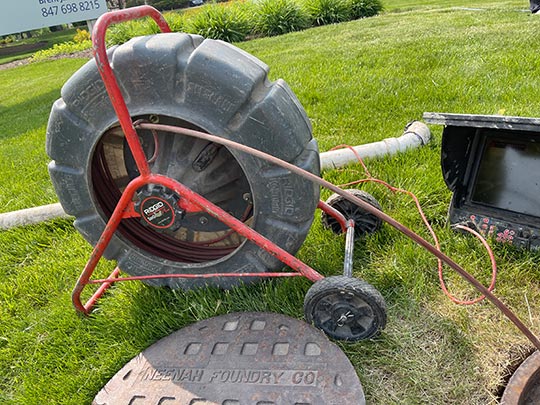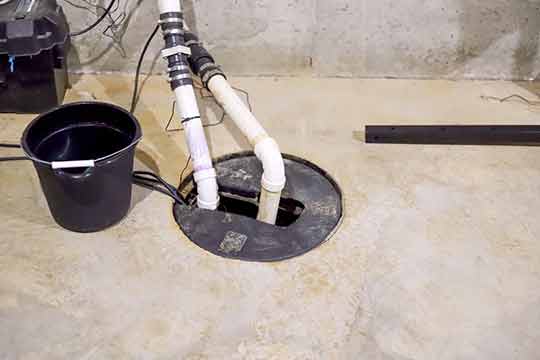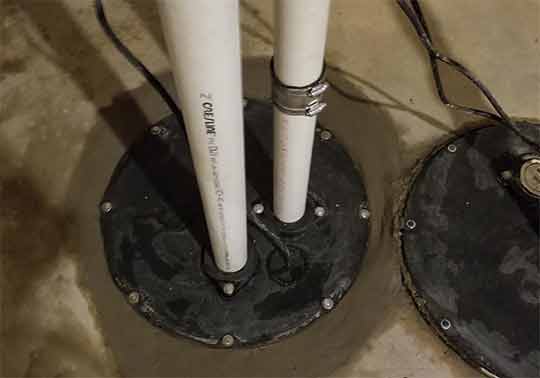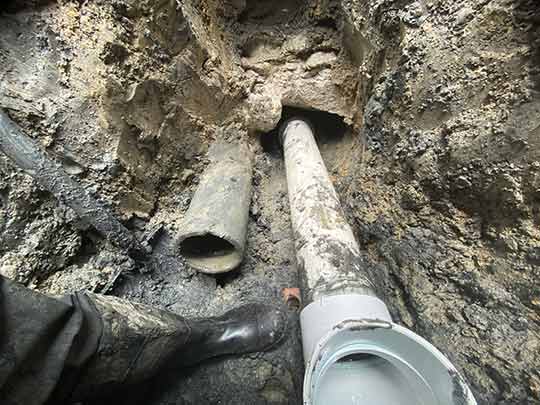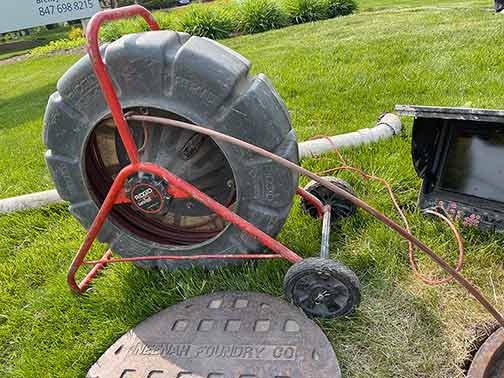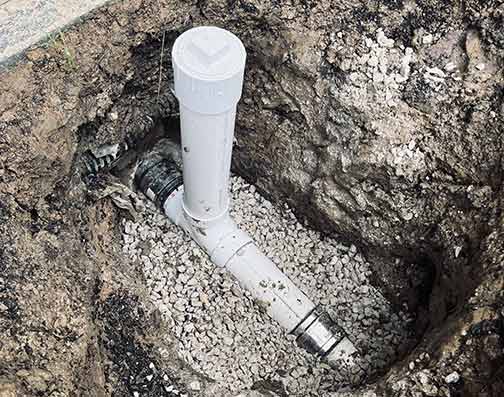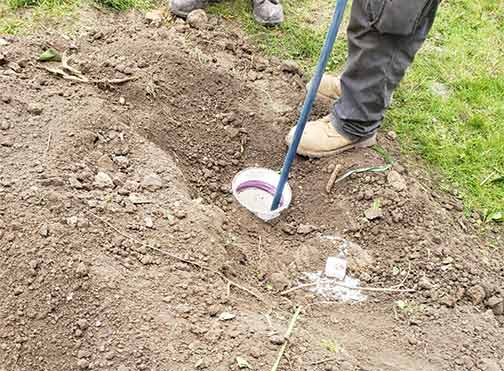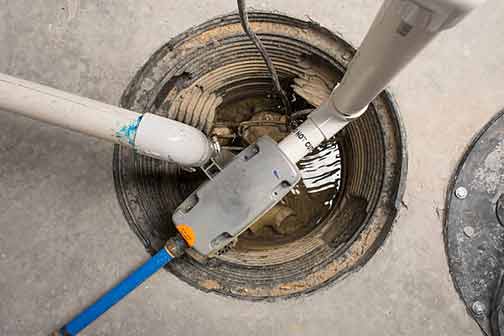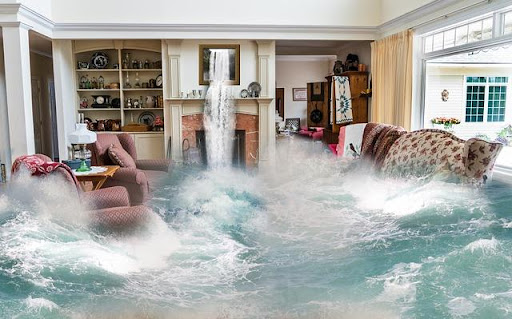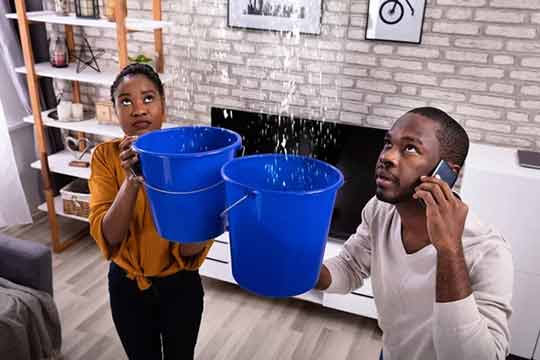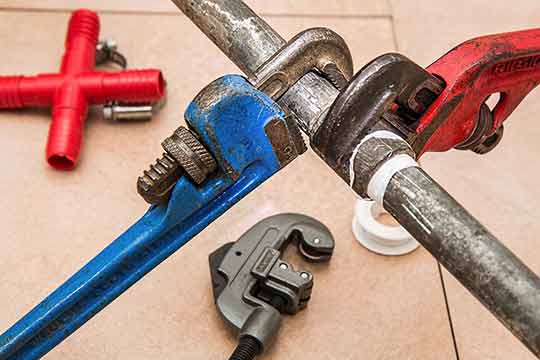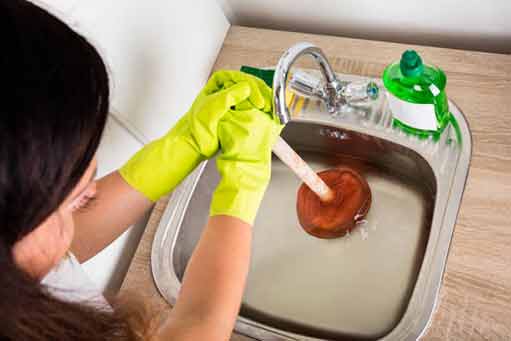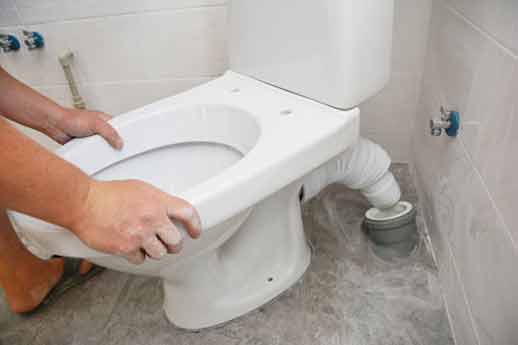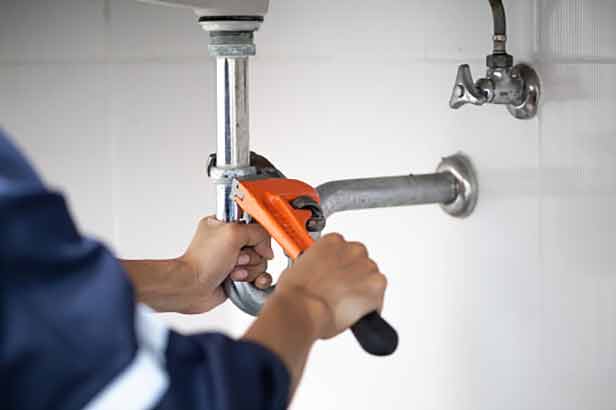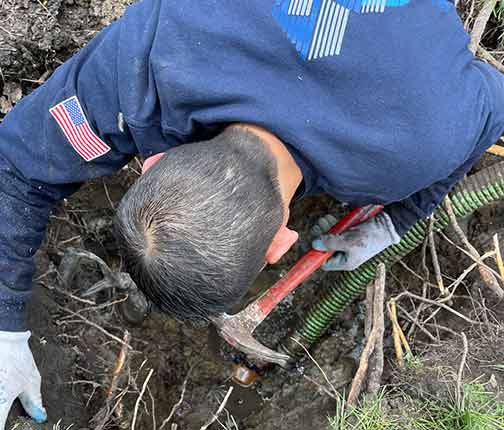
A plumbing emergency is any damage to your plumbing systems that subjects your home and the people inside it to risk serious harm, warns Domain Property Management. Despite your best efforts to care for and protect your plumbing, plumbing emergencies will sometimes happen.
Plumbing problems that constitute an emergency include clogged drains, damaged or burst pipes, overflowing toilets, low water pressure, frozen pipe or plumbing, sewer backup, water heater failure, gas leaks, loss of water in the home and failed DIY attempts.
When these problems happen, you need an emergency plumbing service to help you solve the problem quickly. An emergency plumbing service is different from a routine plumbing service because of the speed and accuracy required during a plumbing emergency.
If they are not competent, an emergency plumbing service will cause you more problems. How can you tell if the emergency plumbing service you are talking to has the required know how to solve the plumbing emergency in your home?
Differences between a top-rated emergency plumbing service and an average one
The following eight qualities will help you determine the reliability of any professional plumber before you hire them to fix plumbing emergencies in your home.
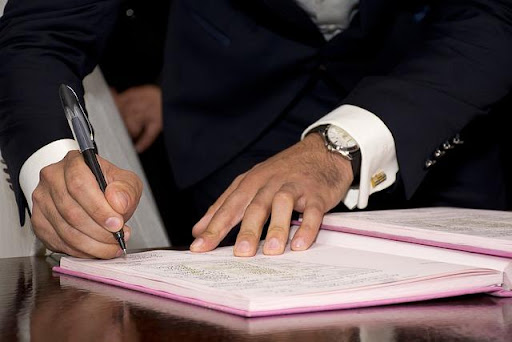
The plumbing service must have technical accreditation; they must satisfy the minimum level of expertise required by the authorities.
Certification and permit
The plumbing service must have technical accreditation; they must satisfy the minimum level of expertise required by the authorities. The plumbers show proof that they are licensed by the city to work on your home’s plumbing. Their license must be current. You also want to know their plumbing specialization; residential or commercial plumbing services.
Relevant experience
An experienced plumber is your best option when dealing with plumbing emergencies in the home. They would have encountered enough of such problems to know exactly how to deal with them. Also, if a plumber has been operating in your area for a long time, they will be more informed about the peculiar plumbing needs of the homes in that area.
Genuine references and reviews
A local company is better than a regional or national chain because it can offer personalized service. It is easier to verify the references you get from a local company since they will be people in your vicinity. Also, check that the company’s online reviews are by actual customers. Give attention to negative reviews and how the company responds to them.
Easy to reach
One of the ways to assess the competence of the plumbing service is by calling them to see how quickly they answer the phone and how well they attend to you. You don’t want to go through hoops to get someone to answer your questions. You want them to have an emergency number that works at all times.
The right equipment
A lot of plumbing emergencies require plumbers to have specialized tools to be able to solve them. You want the plumber to arrive at your home prepared. They should have easy access to the tools for diagnosing and solving the most common plumbing emergencies. Without the right tools or equipment, they will waste your time and cost you more money.
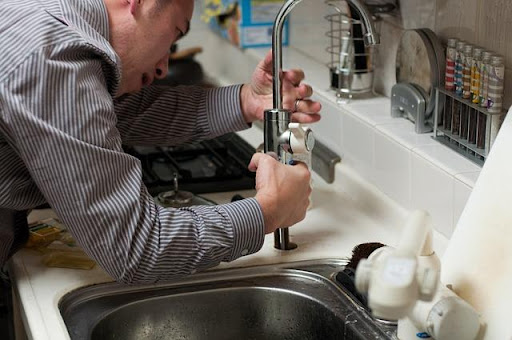
The plumber should be more interested in preventing plumbing emergencies in your home than getting paid for them.
Complete inspection
Even when dealing with an emergency, a competent plumber will inspect the plumbing before they attempt to solve the problem. Ask the plumber about their processes. What are the steps they follow to solve a plumbing emergency in your home? They should know how to quickly assess a situation and create an efficient plan to solve it.
Comprehensive insurance
Do they have insurance? What kinds of insurance policies do they have? Is the insurance sufficient to cover the cost of possible damage to your home? The three types of insurance policies you expect an expert plumber to have are; worker compensation, liability insurance and property insurance. A plumber who is inadequately insured is a risk not worth taking.
Preventive maintenance
The plumber should be more interested in preventing plumbing emergencies in your home than getting paid for them. They should prioritize routine inspections of your home’s plumbing to save money. If the emergency plumbing service does not offer to visit your home to assess the condition of your plumbing, you should not hire them.
They should offer warranties
The emergency plumber should back any work they do for you or any part they replace with a warranty. If there are problems with a plumbing fixture soon after they fix it, they should be able to repair or replace it at no cost to you. It helps to ensure that the plumber will do their work right the first time.
Provide professional guidance
A good plumber will educate you on the causes of the plumbing issues in your home and advice you on how to avoid future problems. Look for a plumber who wants to help more than they want to make money. Such a plumber will often solve problems beyond what you are paying them for.
To conclude, the best time to find a good plumber to handle plumbing emergencies in your home is before the emergency occurs. Don’t wait until you have an emergency. Start this process today.
